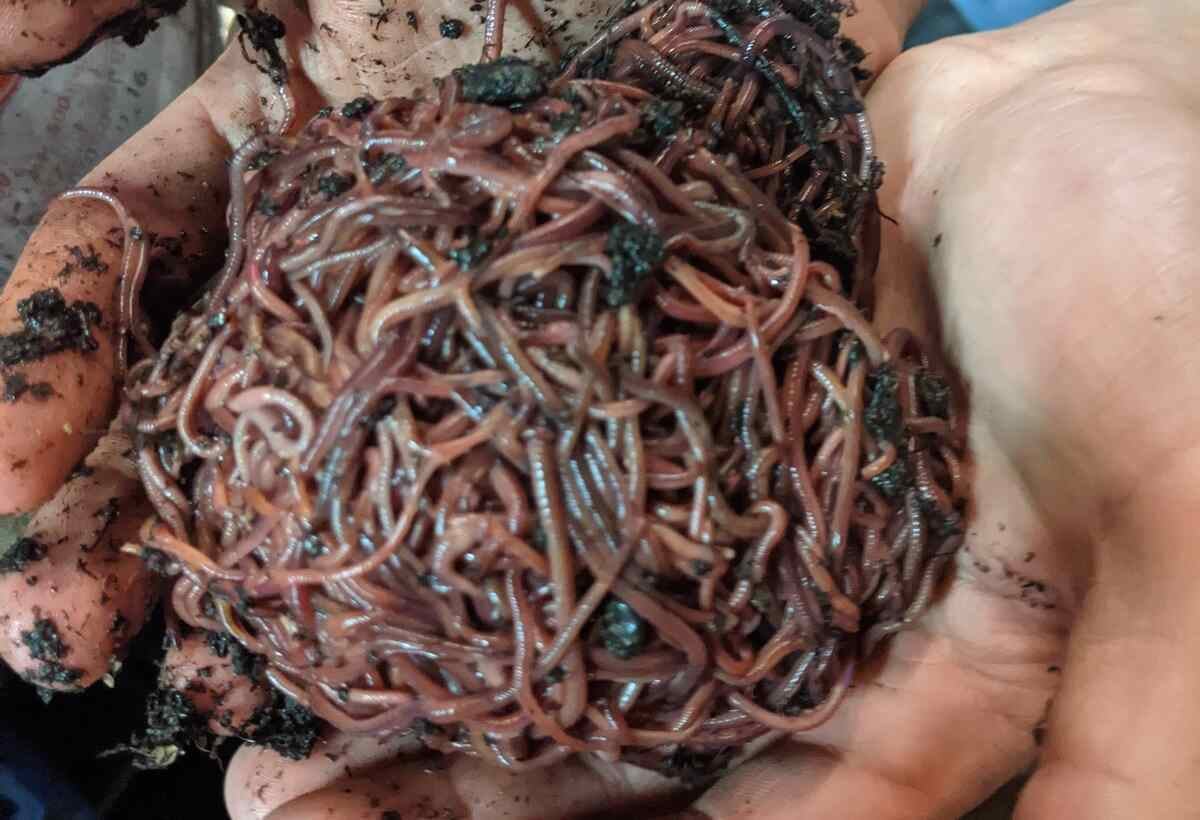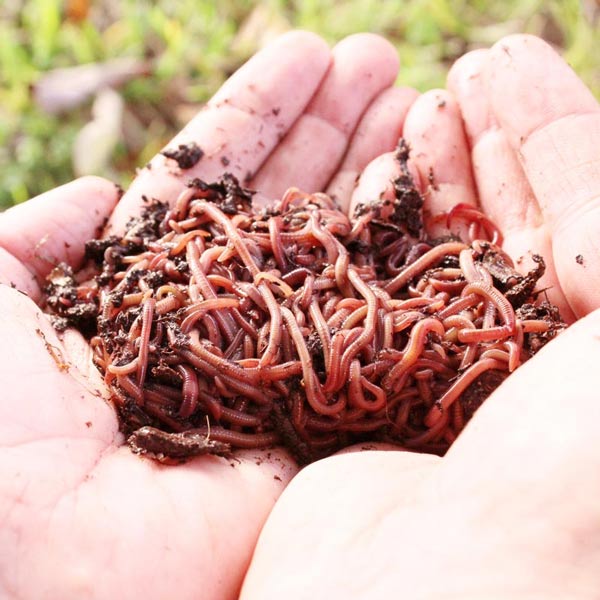Reliable red worms: Improve soil fertility
Reliable red worms: Improve soil fertility
Blog Article
Red Wigglers: The Secret to Eco-Friendly Composting
Red wigglers, scientifically understood as Eisenia fetida, play a critical role in lasting composting methods, offering an all-natural remedy to waste management. red wigglers. These worms not just eat organic products but additionally transform them into valuable vermicompost, improving dirt health and wellness and promoting eco-friendly balance.
What Are Red Wigglers?
Although numerous people know with earthworms, red wigglers (Eisenia fetida) are a details varieties that play an essential function in composting. Native to Europe, they have adapted well to a variety of settings, particularly in decomposing organic issue. Unlike usual yard worms, red wigglers thrive in abundant, damp environments, making them perfect for composting systems.
(red wiggler worms for sale near me)These worms are characterized by their reddish-brown coloration and elongated bodies, typically gauging in between 3 to 4 inches in size. Red wigglers are epigeic worms, suggesting they reside near the soil surface area and feed upon decaying organic material. Their high reproductive price enables populaces to proliferate under ideal conditions, with the ability to increase in number every few months.
Red wigglers have a distinct digestive system that allows them to break down natural waste effectively. Their sustainable nature makes red wigglers a valuable asset in environmentally friendly composting practices.
Advantages of Making Use Of Red Wigglers
Using red wigglers in composting systems offers many advantages that enhance both the efficiency of waste decay and the high quality of the resulting compost. These earthworms, medically referred to as Eisenia fetida, are renowned for their exceptional capability to consume organic waste, transforming it into nutrient-rich vermicompost at a remarkable rate. Their rapid food digestion process accelerates the failure of kitchen scraps and yard waste, substantially reducing the moment required for composting.
Along with their performance, red wigglers add to improved soil framework and fertility. The vermicast generated by red wigglers is rich in essential nutrients, valuable microbes, and humic acids, all of which boost dirt health and wellness and advertise plant growth. This nutrient-dense garden compost aids preserve moisture and boosts aeration in the soil, promoting a thriving environment for plants.
In addition, using red wigglers for composting reduces landfill waste, adding to a much more lasting waste monitoring system. By drawing away natural materials from garbage dumps, composting with red wigglers lessens greenhouse gas emissions, making it an eco-friendly option for environmentally aware people and areas. Overall, red wigglers provide a reliable and lasting option for composting.
Establishing Up Your Worm Bin
Creating a worm container is a straightforward process that calls for mindful factor to consider of materials and problems to guarantee a thriving environment for red wigglers. Begin by selecting a suitable container, which can be a plastic bin or wooden box, with an ability of a minimum of 10 gallons for reliable composting. Ensure the bin has sufficient ventilation by piercing tiny openings in the lid and sides to enable air flow.
Following, prepare the bed linen, which is critical for keeping moisture and providing a habitat for the worms. Suitable products consist of shredded paper, cardboard, coconut coir, or peat moss. Go for a bedding depth of about 4-6 inches, guaranteeing it is moist however not extremely damp.
It is essential to keep the ideal temperature for your worm container, ideally in between 55 ° F and 77 ° F(13 ° C and 25 ° C) Position the container in a shaded location to avoid getting too hot. In addition, maintain the bin far from direct sunshine and severe weather condition problems to secure the worms.
Feeding Your Red Wigglers
Feeding your red wigglers is a critical aspect of effective worm composting, as it directly influences their health and wellness and the effectiveness of your composting system - red wigglers. Red wigglers thrive on a healthy diet plan being composed mainly of organic waste products.
(red worms for composting)Begin with tiny amounts to permit the worms to take in the material fully before including much more. Display the food disintegration process and readjust the quantity based on exactly how promptly the worms are refining red worms near me the waste.

Keeping Your Worm Garden Compost System
A well-maintained worm compost system is essential for making best use of the performance and durability of your composting initiatives. Regular monitoring of moisture levels is vital, as red wigglers grow in a wet environment, ideally around 70% moisture. If the bed linen ends up being also completely dry, gently haze it with water; conversely, if it comes to be extremely damp, add dry bed linen such as shredded newspaper or cardboard to take in excess dampness.
Temperature control is likewise vital. Ensure your compost system is kept in a shaded, ventilated area to prevent getting too hot.
Additionally, look for any type of unpleasant odors, which might show an inequality in the system. On a regular basis freshening the compost by gently turning it will aid preserve appropriate airflow and stop anaerobic problems. Keep track of the worm populace and their activity; a growing populace indicates a well-balanced setting. By adhering to these maintenance practices, you can make certain an efficient and sustainable worm composting system that successfully reuses organic waste.

Conclusion
In conclusion, red wigglers play an important duty in eco-friendly composting by efficiently transforming natural waste right into valuable vermicompost. Accepting the usage of red wigglers stands for a practical approach to improving ecological sustainability and cultivating much healthier ecosystems.
Report this page